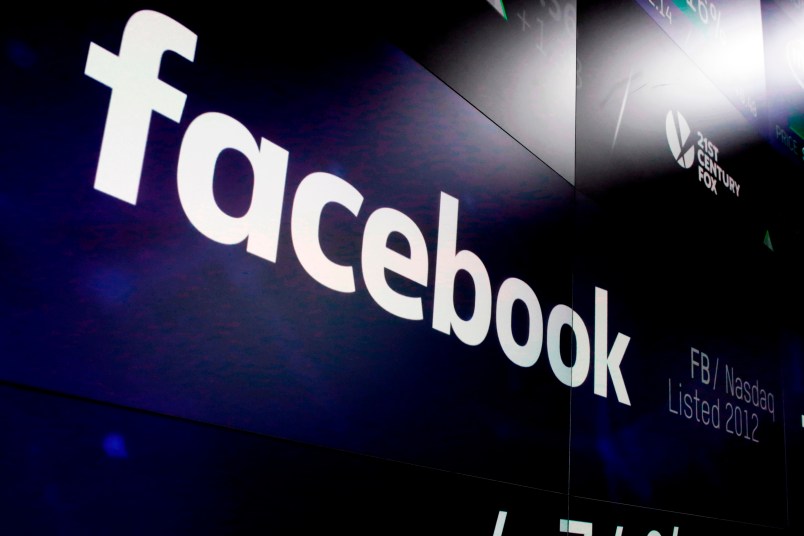I wanted to share one more observation about Facebook and particularly how it compares to that other online behemoth, Google. As we’ve discussed, both these companies exercise various kinds of monopolistic power and anti-competitive behavior. But there’s one very big difference that is important to keep in mind as we assess their role in the 21st century cultural, informational and economic infrastructure.
Facebook has literally billions of users. Never in the history of the world has one thing had so many members or users or whatever else you want to call it. But if you set aside whatever loss would be suffered by people who want to use Facebook, Facebook could disappear tomorrow and it would have pretty little effect on the Internet as a whole. As I said, you might be bummed you can’t log on to see what your friends are doing. There would be a lot of broken “like” and “share” buttons around the web. Certain businesses, though many fewer than before, might tank because their business model was just an outgrowth of Facebook. But big picture, the Internet as we know it would be pretty much what it is today.
Google is a fundamentally different creature. Let’s consider what would happen if there was no Google. First, there’d be no search. Yes, there’s Bing or whatever. But really, the search architecture of the Internet is Google. Next, the by far dominant place that people upload videos for free – Youtube – would cease to exist. There’s nothing remotely like Youtube. It’s the place people post videos. Next there’s email. A massive number of email addresses would stop working. And that’s not just people who have a @gmail.com email address. Lots of companies use gmail as their email provider. We do, for instance. And tons of other companies and institutions do too.
Let’s consider a few other things: most of the architecture of digital ad serving is run by and controlled by Google. That is literally the lifeblood of all Internet publishing. And not just ‘news’ by everything that has a connection to advertising. They’re also one of the biggest, maybe the biggest ad vendor. This doesn’t even get into Google cloud services, which are relatively small compared to Amazon’s or Nest, their smart home device system, or Google maps, with its satellite data.
Of course, all of these combined create the massive store of data which Google controls, which is in some ways its greatest asset and is the power – financial and informational – which undergirds all these forms of dominance. The biggest thing is the architectural ubiquity of Google in the ecosystem of the online world, parts of the Internet architecture and flow of information that most people don’t even see.
Now, this isn’t a puff piece about Google. This cuts both ways. The essence of what I’m describing is that Facebook is a closed garden whereas as Google’s business is fundamentally about the open web. So if Google disappeared much of the Internet as we know it would either disappear or break. But that’s also what makes it power – in all dimensions – far, far greater than Facebooks. If we’re thinking about monopoly power, Google is an almost infinitely bigger deal than Facebook.
For years Facebook has been looking for ways to run its system at the highest profit possible. But because it’s a closed system, it’s been able to do and tried to do relatively little to leverage that power to move into entirely new businesses. Yes, it owns Oculus. But that’s a smallish thing. Instagram and WhatsApp are basically just buying different versions of Facebook with the aim of running the same ads and ad/data systems on those platforms. Again, it’s a walled off space, relatively unconnected to the rest of the web.
As I noted a few days ago, though I think the depth of Facebook’s challenges are under-appreciated, I definitely don’t expect Facebook to disappear. It’s a fabulously profitable company. Its big challenge is that its current value is based on growth which presumes the continued use of data which probably isn’t possible anymore. My point here is simply that it could; it could disappear. It’s not unthinkable because it’s relatively unconnected to everything else. By contrast, it’s almost impossible to imagine Google going anywhere, going out of business or ceasing to exist, because it’s tentacles are too ubiquitous across the entire web.









